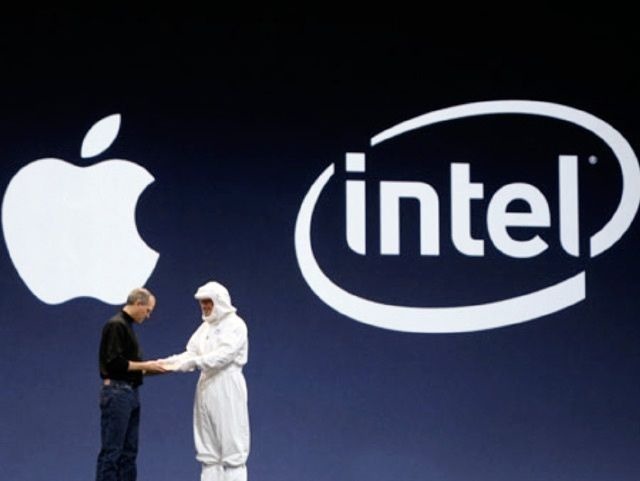Apple is not only interested in chip production for the iPhone and iPad, but developing its own CPU for laptops, modems for the iPhone, and its own touchscreen processing system, a new report claims.
In a report published on Friday by the Nikkei Asian Review two industry sources claim that Apple is trying to cut back on dependence on Intel in regards to the MacBook or MacBook Pro. The account claims that Apple is looking to leverage ARM processors, such as the A-series of chips currently found in the iPad and iPhone for future models.
"Notebooks are becoming thinner, while consumers are demanding better mobility and longer battery life," an unnamed chip industry executive told the Nikkei Asian Review. "That gives ARM's architecture, which is known for its power efficiency, a very good opportunity."
No specific details beyond industry chatter were shared by the report regarding the shift to ARM. There is no current evidence suggesting that Apple is working on an ARM version of macOS — but it does seem like an obvious move.
Apple's purchase of NeXT in 1997 brought along NeXTStep, a precursor to Rhapsody, which ultimately became OS X. At the time of the deal, NeXTStep had an Intel processor-compatible version. But, Apple's 2006 shift to Intel was still a relative surprise, with little forewarning and few rumors prior suggesting that the move was imminent.
The same report suggests that Apple has "invested in research and development for baseband modem chips," with the possibility of a future dumping of both Qualcomm and Intel technologies in the iPhone. This development is thought to be at least two years away, however, with Apple needing "a minimum one thousand engineers to work on such a project."
Apple's poaching of employees from AU Optronics, plus personnel from Taiwan's primary display driver chip manufacturer Novatek is evidence that Apple is looking to control touch screen technologies as well, according to the Nikkei Asian Review.
 Mike Wuerthele
Mike Wuerthele








 Chip Loder
Chip Loder

 Malcolm Owen
Malcolm Owen

 Amber Neely
Amber Neely
 William Gallagher
William Gallagher



-m.jpg)






159 Comments
Apple replacing Intel with ARM? Must be the first time ever we hear about that :p
Does this mean going back to the days of most programs being incompatible with Mac like with the Power PC? No bootcamp anymore?